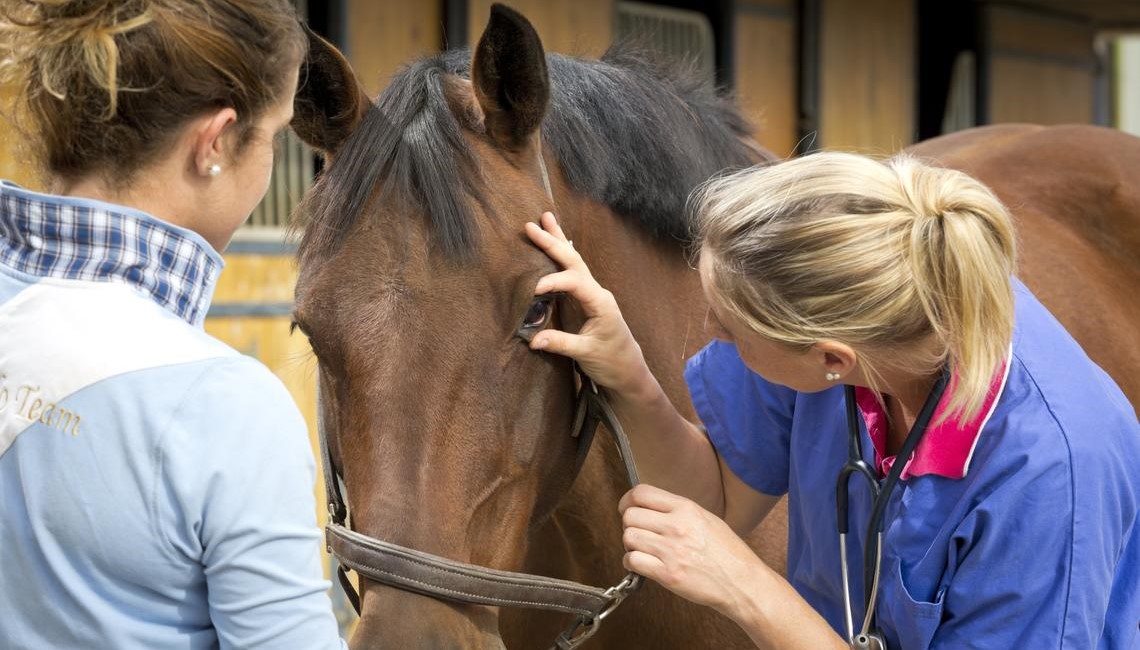Regular vet check-ups are an essential component of responsible horse ownership. Despite this, some horse owners only seek veterinary assistance when an issue arises, often overlooking the importance of preventive care. This article aims to shed light on why regular vet visits are crucial for maintaining your horse’s health, what to expect during these check-ups, and how often they should occur.
Why Are Vet Check-Ups Essential?
- Preventive Care: Early detection of issues can lead to more effective treatment.
- Nutritional Guidance: Expert advice on feeding and supplements.
- Disease Management: Vaccinations, deworming, and other preventive treatments.
What Happens During a Vet Check-Up?
Physical Examination
- Vital Signs: Heart rate, respiration, and temperature.
- Visual Inspection: Eyes, ears, and coat.
Nutritional Assessment
- Weight: Regular weighing to detect any unwanted weight gain or loss.
- Feeding Schedule: Evaluation and advice on your horse’s diet.
Lameness Evaluation
- Gait Analysis: To identify any abnormalities in how the horse moves.
- Joint Examination: To check for signs of arthritis or other issues.
Dental Check
- Oral Examination: To spot signs of dental issues.
- Teeth Floating: Smoothing out any sharp edges on the teeth.
Laboratory Tests
- Blood Work: To assess overall health and organ function.
- Fecal Exam: To check for internal parasites.
How Often Should You Visit the Vet?
Routine Check-Ups
- Adult Horses: At least once a year.
- Foals and Senior Horses: More frequent visits may be required.
Situational Visits
- Before an Event: To ensure the horse is fit for competition.
- After Illness or Injury: For follow-up and ongoing treatment.
Common Issues Detected During Check-Ups
- Dental Problems: Such as sharp edges or infections.
- Parasitic Infections: Worms or other internal parasites.
- Nutritional Imbalances: Vitamin deficiencies or obesity.
- Lameness Issues: From mild to severe, impacting the horse’s quality of life.
Preparing for a Vet Visit
- Keep Records: Maintain a file of your horse’s medical history.
- Know Your Horse: Be aware of any changes in behavior, weight, or physical condition.
- Prepare Questions: List down any concerns or questions you have.
Cost Considerations
- Basic Examination: Costs can vary based on location and services.
- Additional Tests: Will be extra.
- Emergency Visits: Generally, more expensive than scheduled check-ups.
Conclusion
Regular vet check-ups are an indispensable part of horse care. They serve not just to treat existing conditions but to prevent potential issues. Knowing what to expect during a vet visit and how often to schedule them can go a long way in maintaining your horse’s health and well-being. Don’t view these appointments as optional or burdensome; they are a small but crucial investment in your horse’s long-term health.
